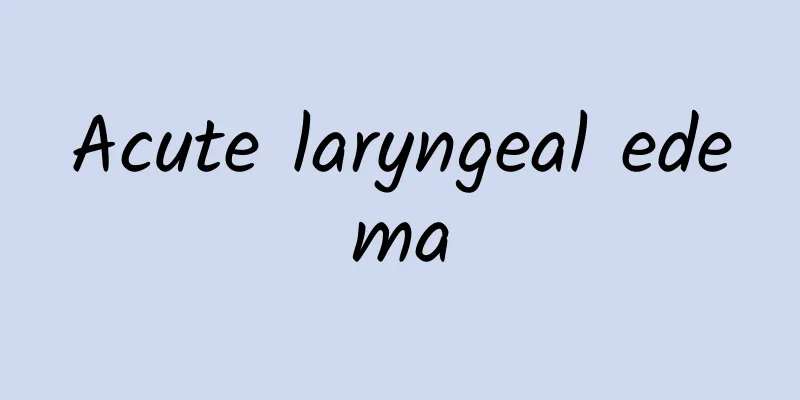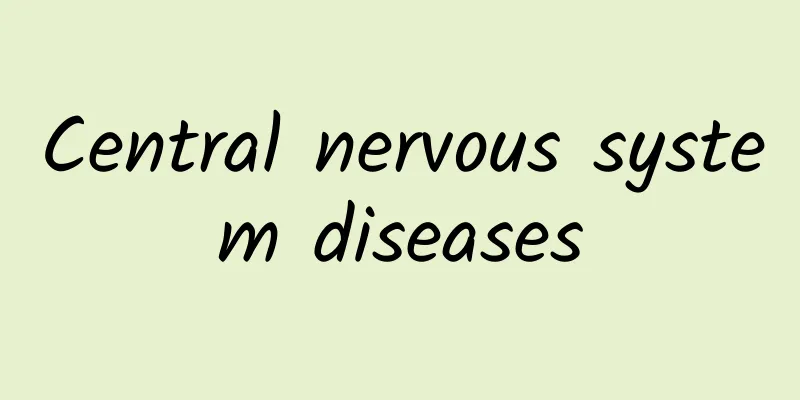How to treat dual cardiac pathway?

|
Heart problem is a relatively serious health problem. Many people suffering from heart disease may face life-threatening danger at any time. Therefore, people must be cautious about heart problems. There are many specific manifestations of heart problems. For example, arrhythmia, tachycardia, dual cardiac pathway problems, etc. have a great impact on people's lives. Among them, the phenomenon of dual cardiac pathway is relatively rare. Let’s take a look at how to treat dual cardiac pathway. Patients with this symptom can learn about it. The concept of dual-pathway conduction of the heart is that almost the entire cardiac conduction system can produce functional longitudinal separation, especially the atrioventricular junction, which can be separated into symptoms with different conduction functions that may be accompanied by arrhythmia. For the patient's condition, radiofrequency ablation can be performed. The specific measures require going to the hospital for relevant examinations before the treatment can be determined. How radiofrequency ablation is done: 1. After radiofrequency ablation, patients must rest in bed according to the doctor's instructions, with sandbags applied at the venous puncture site for 6 hours and at the arterial puncture site for 8-12 hours, and the affected limb must be immobilized (restricted from moving), and attention must be paid to observe whether there is bleeding; 2. Give easily digestible food during bed rest; 3. Closely observe the heart rate and rhythm in the early stage after radiofrequency ablation. If you feel any discomfort, report it to the doctor in time. If necessary, electrocardiogram, cardiac ultrasound and chest X-ray examinations should be performed; 4. If you feel that tachycardia will recur after surgery, but it has not actually occurred, do not be nervous and do not require special treatment; Normal activities can generally be resumed 1 week after surgery; 5. If there is a relapse after discharge, the electrocardiogram should be recorded nearby in time, and the surgeon should be contacted to decide on the next treatment plan. 6. Anticoagulant treatment is required after radiofrequency ablation. Generally, 1-3 months of anticoagulant drugs are required, depending on the patient's heart rhythm, age and general condition. The use of other auxiliary drugs mainly includes amiodarone after atrial fibrillation ablation. Only by taking them according to the doctor's instructions can the desired therapeutic effect be achieved. |
<<: What medicine is good for premature heart beats?
>>: How to deal with heart pain when breathing?
Recommend
29 weeks of pregnancy uterine height abdominal circumference mark
Expectant mothers have to participate in various ...
How can I get enough sleep?
Sleep is of vital importance to each of us. Witho...
The main clinical effects of Erigeron breviscapus
As a traditional Chinese medicine, Ligusticum chu...
Which acupoints should I massage for stomachache?
Stomach pain is something that each of us has exp...
What are the effective prescriptions for treating athlete's foot with traditional Chinese medicine?
Athlete's foot is the most embarrassing and d...
Feet suddenly become very smelly body signs
If your feet don't usually smell, but suddenl...
How to change the intestinal flora to lose weight
Most of the human immune system exists in the dig...
Sequelae of liver resection
Many people suffer severe liver damage due to dri...
Quick remedies for a runny nose
As we all know, the most common symptom of influe...
Is the quality of dreaming sleep good?
Many people believe that dreaming at night is a s...
Lymph nodes and thyroid nodules
Disease is the most troublesome thing for people....
The effect of boiling coriander water with honey
In life, many people like to eat coriander. Every...
Dandelions are more effective than hospitals! Nature's magic medicine to heal humans!
Dandelions can give your life a breath of fresh p...
Which acupoints should I massage when I can’t sleep due to excessive restlessness?
Everyone needs sleep every day. If you don’t slee...
What are the traditional Chinese medicine prescriptions for spleen and kidney yang deficiency?
Spleen and kidney yang deficiency is the name of ...









